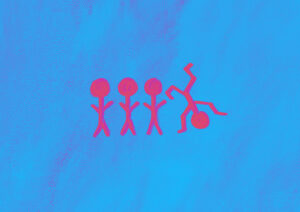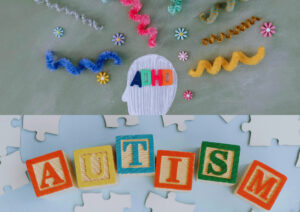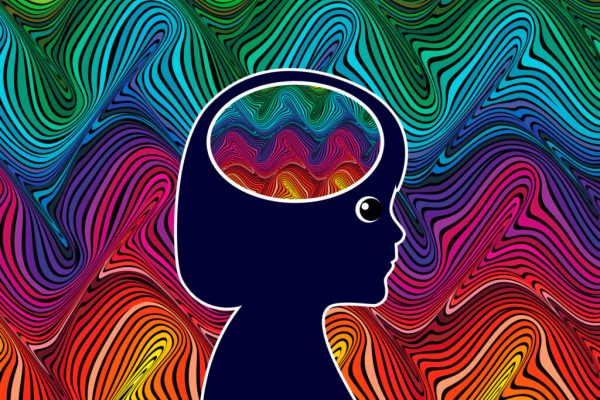Blog

Neurodiversity 7 of 7: Myths & misconceptions about neurodivergents
Because research about neurodiversity has traditionally been done by neurotypical scientists, without asking the actual neurodivergents how they are feeling (as is the case for most things that are classified as “mental health disorders”), there are so many misconceptions in the public opinion of these concepts. Thankfully, more adult neurodivergents

Neurodiversity 6 of 7: Autism & ADHD
These two types of neurodiversity are among the most common. They are sometimes confused, and up until recently it was believed that they could not occur together – that the diagnosing specialist had to choose to place a person in either the one category or the other. We have since

Neurodiversity 5 of 7: Sensory struggles in neurodivergents
All neurodivergents are highly sensitive. Many of the struggles that neurodivergents face daily are because of these sensory issues. Any parent of an autistic child will know that something simple like a scratchy label in the kid’s jersey can cause so much frustration they are completely unable to focus on
Self-reflection Tools

A huge part of healing is understanding oneself – on a physical, mental and emotional level. Use these tools to discover your own unique self to help you further along your journey.
For neurodivergents

Neurodiversity Blog series
New to the concept of neurodiversity? Read this blog series that covers that main aspects of this concept, and helps you understand what it’s like to be neurodivergent.

Online Questionnaires
Wondering if you may have neurodivergent traits? Try my free online questionnaire to see how many neurodivergent traits resonate with you. Note: This is not a diagnostic test. It serves to help you discover more about yourself, and perhaps give you the words to describe how you may be feeling and communicate what you need.

Neurodiversity Resource Guide
This resource guide helps you understand what neurodiversity is and give you some basic tips to care for your nervous system or that of your neurodivergent loved one. I have also compiled some of the best online resources I could find on the subject – articles, books, videos and YouTube channels of neurodivergent spokespeople online. Use these links to find more online resources that speak to you.
Download your free resource guide here:
